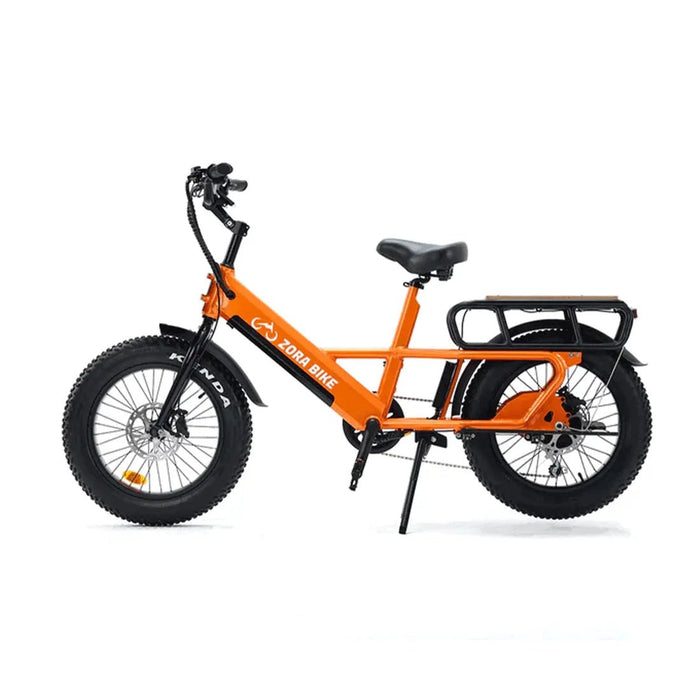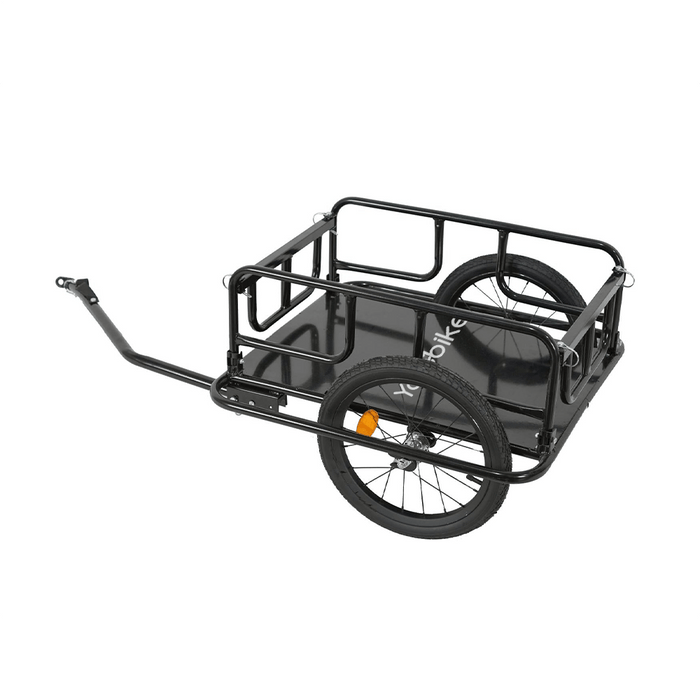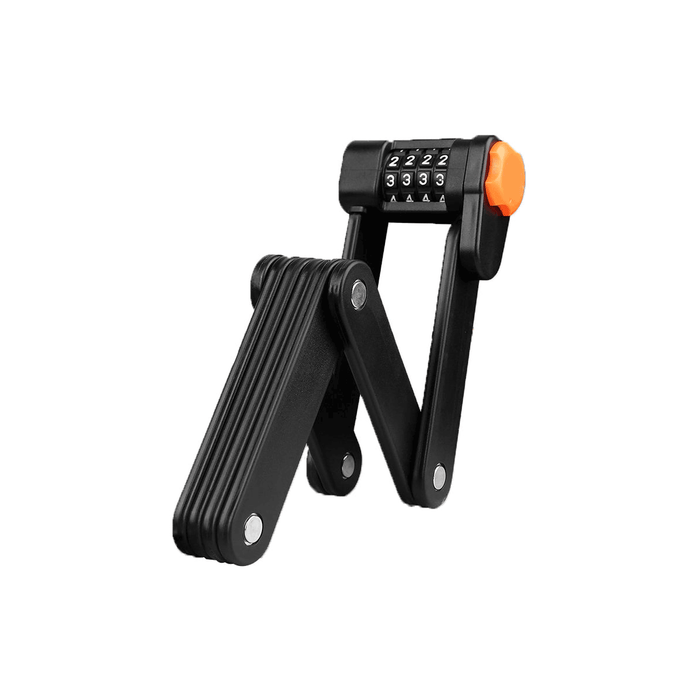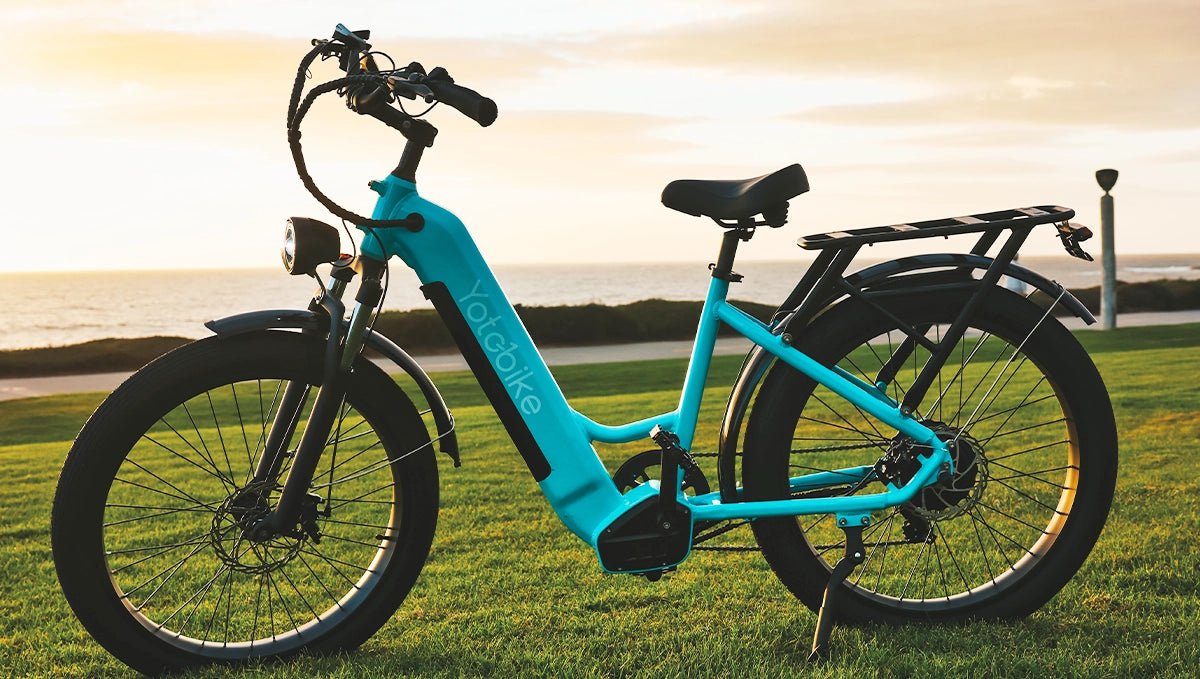
Electric bikes are quickly becoming an alternative transportation to gas-powered motorbikes. While the former is underpowered, they are more environmentally friendly and cheaper. However, one common question for new ebike owners is: Do electric bikes need to be registered like their gas-powered counterparts?
The answer is nuanced, depending on where you live and the type of ebike you own. This comprehensive guide will address this question and clarify the varying registration requirements across states. Read on to learn all the insights you need and ensure you’re riding legally and safely.

Do Electric Bikes Need to Be Registered?
The answer to the question “Do ebikes need to be registered?” varies depending on where you live and the type of ebike you own. In the United States, different states have different regulations regarding the registration of electric bikes.
Most states have embraced the three-class system (Class 1, Class 2, and Class 3) defined by the ebike industry and do not require registration. Here’s a closer look at the classifications:
- Class 1:Pedal-assist ebikes with a maximum assisted speed of 20 mph. The motor provides assistance only when the rider is pedaling, and it stops assisting when the bike reaches 20 mph.
- Class 2:Throttle-assisted ebikes with a maximum speed of 20 mph. These ebikes can be powered by a throttle to reach speeds of up to 20 mph and do not require pedaling to activate the motor.
- Class 3:Pedal-assist ebikes with a maximum assisted speed of 28 mph. The motor in Class 3 electric bikes assists only while the rider is pedaling, and it stops assisting when the bike reaches a higher speed of 28 mph.
However, other states require registration if an electric bike exceeds specific speed or power limits. Since the laws vary by jurisdiction, it’s essential to consult your local Department of Motor Vehicles (DMV) or equivalent authority to confirm the specific requirements in your area.

Which States Require Electric Bike Registration?
As we’ve learned, the majority of the states in the U.S. have embraced the three-class system and do not require registration. Now, let’s delve into “Which states do you have to register electric bikes?”
- Alabama:Requires registration for all ebikes, treated like motor-driven cycles. Riders must obtain a motorcycle endorsement on their driver’s license.
- Alaska:Ebikes are classified as motor-driven cycles and must be registered. A valid driver’s license with a motorcycle endorsement is required. Insurance coverage is mandatory.
- Hawaii:All electric bicycles require registration at a one-time fee of $30. Registration must be completed with the local county Department of Motor Vehicles (DMV).
- New York:New York designates Class 3 ebikes as pedal-assist ebikes with a maximum assisted speed of 25 mph. Thus, the industry-defined Class 3 ebikes (pedal-assist ebikes with a maximum assisted speed of 28 mph) require registration.
It’s important to note that even if your state is not listed here, local city or county regulations may impose additional requirements for electric bike registration. Therefore, it’s always best to check with your local DMV for the most current and accurate information.

Why Do Some States Not Require Electric Bike Registration?
The decision not to require registration for electric bikes in many states is driven by the aim to promote ebikes as a sustainable form of transportation. By not requiring registration, states encourage more people to adopt electric bikes as a greener alternative to motor vehicles. Ebikes offer significant environmental benefits, including reduced greenhouse gas emissions and lower energy consumption.
Additionally, most electric bikes, particularly Class 1 and Class 2, have speed capabilities that align closely with conventional bicycles. Because these ebikes are limited to 20 mph and require pedaling effort (for Class 1), they are deemed to pose little risk compared to motor vehicles, making registration unnecessary.
However, even in states that do not require registration, there are usually still rules to follow. These can include age restrictions, helmet requirements, and specific road usage guidelines. Always familiarize yourself with local laws to ensure a safe and lawful riding experience.
What Are the Benefits of Registering an Electric Bike?
While not all states require electric bike registration, there are significant advantages to voluntarily registering your ebike even if it’s not mandatory. Here are some compelling benefits:
- Legal Compliance and Peace of Mind:If your state or locality requires registration, adhering to the rules helps avoid fines and legal complications.
- Theft Protection and Recovery:Registration records create an official link between you and your ebike, making it easier to prove ownership. If your ebike is stolen, registration information can aid law enforcement in recovering and returning your bike.
- Insurance Eligibility:Some insurance companies offer coverage for registered electric bikes, including theft, damage, and liability protection. Registration often serves as a prerequisite for obtaining specialized ebike insurance.
- Support for Ebike Infrastructure:Registration data can help local governments understand ebike usage patterns and support advocacy for better ebike infrastructure. Improved bike lanes, parking facilities, and traffic regulations may result from accurate ebike registration statistics.
How to Register Your Ebike?
If your state or locality requires electric bike registration, or if you want to register your ebike voluntarily for added security and benefits, follow these steps:
- Check Local Requirements: Visit your state’s Department of Motor Vehicles (DMV) or local equivalent to find specific registration requirements.
- Gather Required Documents:
- Proof of Ownership: Provide a sales receipt or bill of sale that clearly shows you as the bike’s owner.
- Manufacturer Information: Include the make, model, and serial number of the ebike.
- Personal Identification: Have your driver’s license or another government-issued ID ready.
Conclusion
We hope this guide has answered your question “Do electric bikes need to be registered?” Navigating the registration requirements for electric bikes can seem daunting, but understanding these laws is essential for every responsible ebike owner. Whether your state requires registration or not, being aware of the legal landscape helps ensure that you enjoy your rides without any legal hiccups. By registering your ebike, you not only comply with local laws but also gain additional benefits like theft protection and enhanced accountability. Remember, the rules can vary significantly by state, so it’s crucial to check with local authorities for the most accurate information. Ride safely and legally and enjoy the countless advantages that come with owning an electric bike!
FAQ
Can I ride an electric bike without a license?
Yes, in most places, you can ride an electric bike without a license, as long as it meets local regulations for ebikes, such as speed limits and motor power. However, some states may have specific requirements for license, so it’s best to check your local laws to be sure.
Can I purchase insurance for an electric bike that hasn’t been registered?
Yes, you can purchase insurance for an electric bike that hasn’t been registered. Many insurance companies offer policies that cover theft, damage, and liability for electric bikes without the need for registration. It’s important to check with individual insurers for specific requirements and coverage options.



























